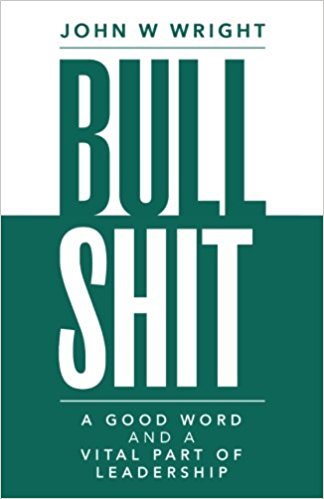“Effective people, in my observation do not start with their tasks. They start with their time. And they do not start out with planning. They start by finding out where their time actually goes.” — Peter Drucker
Peter Drucker, long considered one of the world’s top management consultants, had his clients complete a 7-day/24-hour-per-day time audit. I do the same with my clients. (I have written a previous blog sharing that the most important number in your life is 8760, the number of hours in a year.) So, it makes perfect sense that one of Steven Covey’s 7 Habits of Highly Effective People is about time.
Habit #3. Put First Things First.
All things are created twice – first mentally, second physically. Putting first things first is the second, or, physical creation. It is organizing and executing around the mental creation (your purpose, vision, values, and most important priorities).
Second things do not come first.
First things do not come second.
Successful individuals and organizations focus on what matters most, which is not necessarily what is urgent.
The main thing is to keep the main thing the main thing.
People often ask me how I can help them with their “time management.” My first response is that I can’t help them, because you can’t manage time; everyone has all there is. What they are really asking about is self management. In that regard, I attempt to lead people in the direction of scheduling their priorities, versus prioritizing their schedules.
Most people think about all they have to do during the day, and prioritize their schedule around what is most urgent. Often they are left with a long list of things they categorize as important but rarely, if ever, get around to, such as faith, family, exercise, and career. A more effective strategy is prioritizing your to-do list in order of importance according to the larger plan for your life.
Make time FIRST for your most important priorities – the things that have the greatest effect on the quality of your life. You will find that those other urgent things will also get taken care of, or you may decide they were not so urgent after all.



